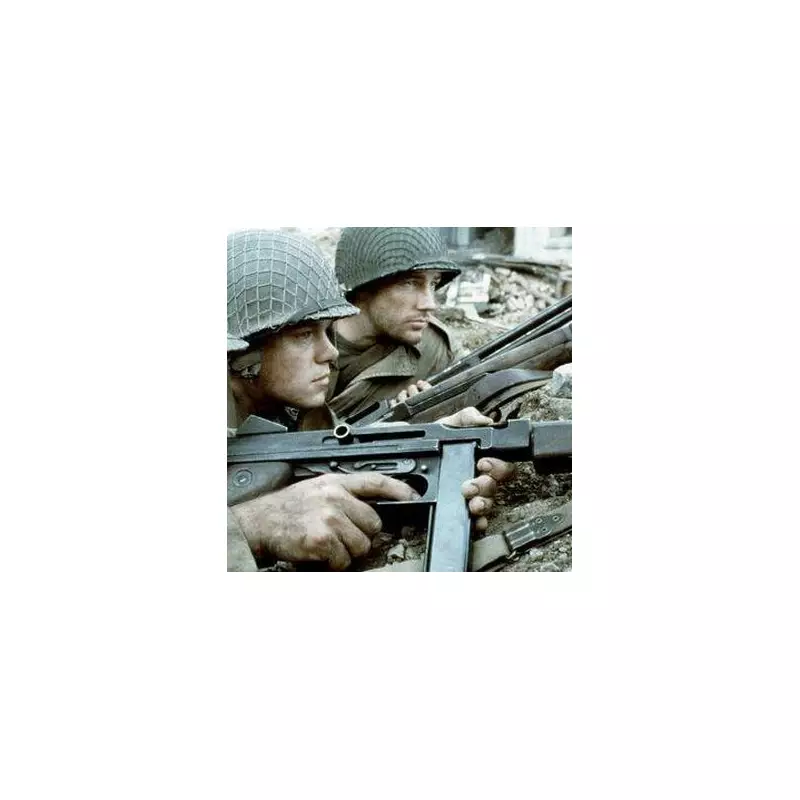
For decades, the title of 'greatest war film ever made' has been held by Steven Spielberg's visceral and unforgettable Saving Private Ryan, renowned for its harrowing opening sequence on Omaha Beach. But in a dramatic shake-up that has sent shockwaves through the film community, a panel of experts has officially stripped it of its crown.
The new reigning champion, as declared by a Time Out poll of the world's leading film critics and directors, is not a modern blockbuster but a stark, black-and-white masterpiece from 1957: Stanley Kubrick's Paths of Glory.
A Tale of Injustice and Cowardice
Starring the legendary Kirk Douglas, Paths of Glory is a searing indictment of military leadership and the brutal futility of war. The film follows a French army colonel who desperately attempts to defend his soldiers against a catastrophic charge across No Man's Land, only to see them court-martialed for cowardice by their own superiors.
Unlike the large-scale battles of modern war epics, Kubrick's genius lies in its chilling focus on the moral decay and hypocrisy festering within the chain of command. It's a psychological and philosophical assault that many critics argue cuts deeper than any graphic depiction of combat.
Why Paths of Glory Triumphed
The Time Out poll, which gathered opinions from titans of cinema like Guillermo del Toro and Roger Deakins, placed Kubrick's film at the very summit. The results were as follows:
- Paths of Glory (1957)
- Apocalypse Now (1979)
- Come and See (1985)
- The Battle of Algiers (1966)
- Das Boot (1981)
Spielberg's Saving Private Ryan, the long-standing favourite for many, was ultimately ranked in sixth place. While its technical achievement and raw intensity were praised, the consensus pointed towards Kubrick's work as offering a more profound and timeless commentary on the nature of conflict.
A Legacy of Critical Acclaim
Upon its release, Paths of Glory was actually banned in several countries due to its controversial and anti-authoritarian message. Today, however, it is universally celebrated as a flawless work of cinema. Its powerful ending, featuring a captured German woman forced to sing for a rowdy battalion of French soldiers, remains one of the most emotionally devastating scenes ever committed to film.
This reappraisal proves that true cinematic greatness isn't always measured in scale and budget, but in the enduring power of its ideas. While the beaches of Normandy left an indelible mark, the courtroom and trenches of Paths of Glory have, according to the experts, left an even deeper one.





